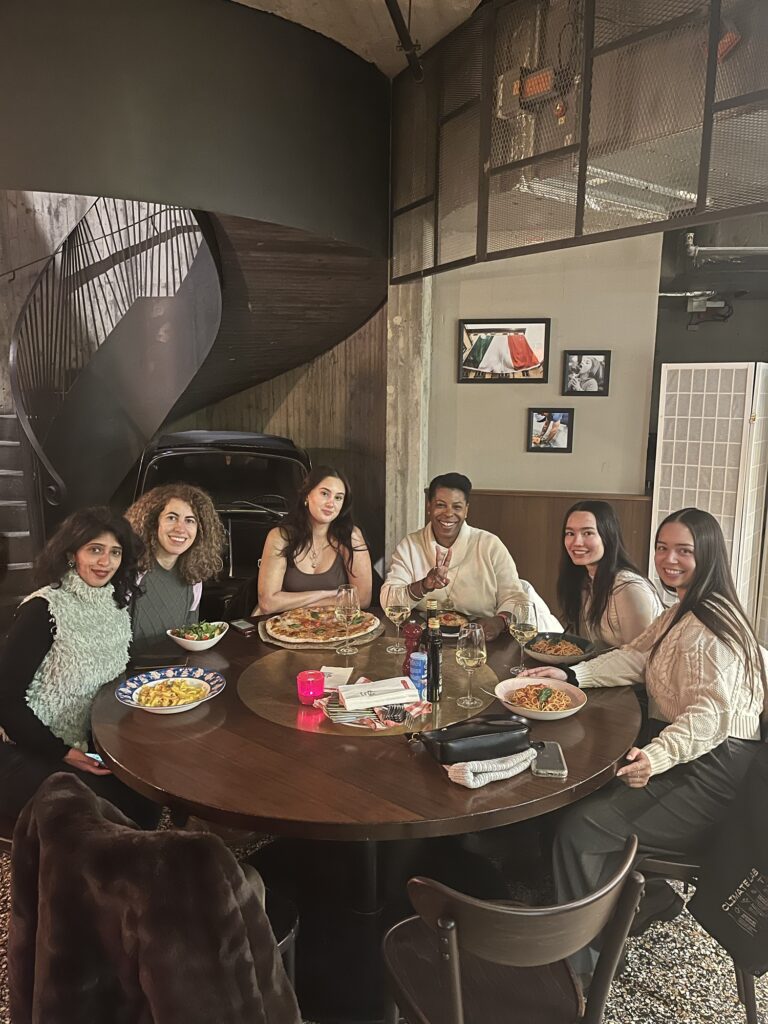Who Says Black People Can’t Swim?
The mayor of DC, Muriel Bowser, and the Department of Parks and Recreation (DPR) invited DC residents and city officials to “Jump in DC.” This was a fabulous way to get city residents to come out an enjoy the water. I especially liked that this event was in the predominantly black part of town.
 |
| My baby holding my hand in the ocean, boat side in the Carribean, when he was 5! |
I can’t swim. Growing up most of my friends (all who were black) couldn’t swim. We rarely even went to the water and when we did it was to the pool in the neighboring town. When we got there all we did was splash around in the shallow end.
I never learned to swim because my mother, despite growing up on an island, is afraid of water. In school, most of my girlfriends never wanted to get their hair wet, so they never really wanted to go learn. I didn’t go to a school with a pool, much less a swim team. Swimming just wasn’t n my radar growing up. I didn’t know it then but my friends and I were not unusual.
There was a stereotype that black people don’t swim. As I grew older, I wondered was this true!
 |
| My 14-year-old super swimmer loves to dive. |
According to a recent national study conducted by the USA Swimming Foundation and the University of Memphis:
- 64 percent of Black/African-American children cannot swim
- 45 percent of Hispanic children cannot swim
- 40 percent of Caucasian children cannot swim.
Here are some of the reasons the USA Swimming Foundation’s study showed to explain why black kids can’t swim.
- When adult role models fear water or have been negatively impacted by the above experiences, their comfort level with swimming is passed down to younger generations.
- Increased privatization of swimming lessons and pools, as well as a history of exclusion, set the context for today’s low participation rates in swim lessons.
- A painful legacy of racial segregation and violent strife surrounds the history of municipal swimming pools. This legacy helped to erect high barriers to swimming participation that remain in place today.
- A lack of representation in professional swim sports and false beliefs surrounding people of color and swimming have also lead to restricted performance and limited participation.
Despite my not knowing how to swim, I made sure that my son learned to swim at a young age. I took him to the pool every chance I had. Luckily his dad, who happens to not be black, can swim. I was in complete support when his dad decided to throw him in the deep end at the age of three. (Of course, he was right there just in case.)
Far too many black kids have parents that are afraid of the water and when a parent is afraid of the water and can’t swim, like my mom, there is only a 13% chance that their child will learn to swim.
Being in a city where the mayor is a black woman means that black children in Washington, DC have a powerful role model that can change the game. Having her jumping into the pool next to them shows them that swimming is fun and safe. I was very happy to come out and show my support for this initiative. It was a fun day out with my son and it was the first time in my life that I have ever witnessed an entire swimming pool of black folks, many of whom were actually swimming. It was beautiful!
Discover more from DG Speaks
Subscribe to get the latest posts sent to your email.



